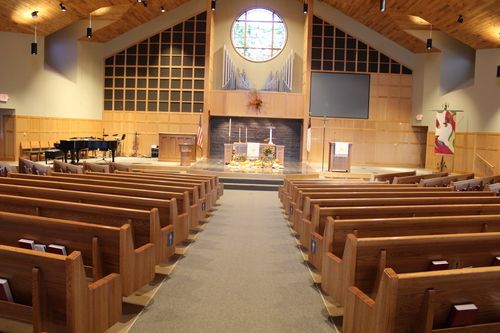Just over half of interviewees (51%) in a Cultural Research Center at Arizona Christian University study, who identified as “people of faith,” responded that they are likely to vote in the presidential election between former President Donald Trump and Vice President Kamala Harris. The “people of faith” label is given to those who identify with a recognized religion, such as Christianity, Judaism, Mormonism or Islam.
The study found that approximately 104 million people under the “people of faith” umbrella are not expected to vote this election, including 41 million born-again Christians and 32 million who regularly go to church.



Multiple cultures were well organized and thriving before established religion was forced on them.
The opposite isn’t laid out like the good ol hate.
A form of religion will always exist or have existed. The problem when mass religions is the hive mind effect. People are outnumbered and go along with the groups even if it is against them.
I don’t choose to pretend that previous e.g. animist spiritual systems were not religions. This is because I define religion by human practice and adherence, as humans define religion in a world where they invent it.
Yeah, to me religion is just cultural, ceremonial, practices designed to deal with their lack of understanding of the natural world, and assumption of supernatural forces. While animism wasn’t religion as we know it, it did have it’s adherence to practices, and ethics, etc. They were far more local, more based on individual tribes. They were religion, none the less. Just not widespread, centralized, formalized, religion as we see today.
Still plenty of people being spiritual ‘in their own way’.